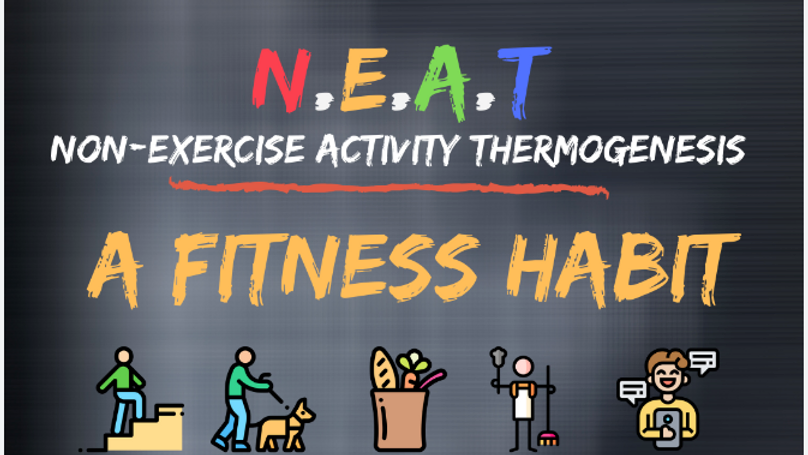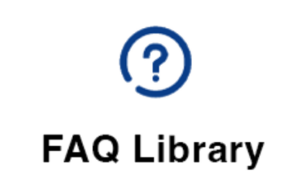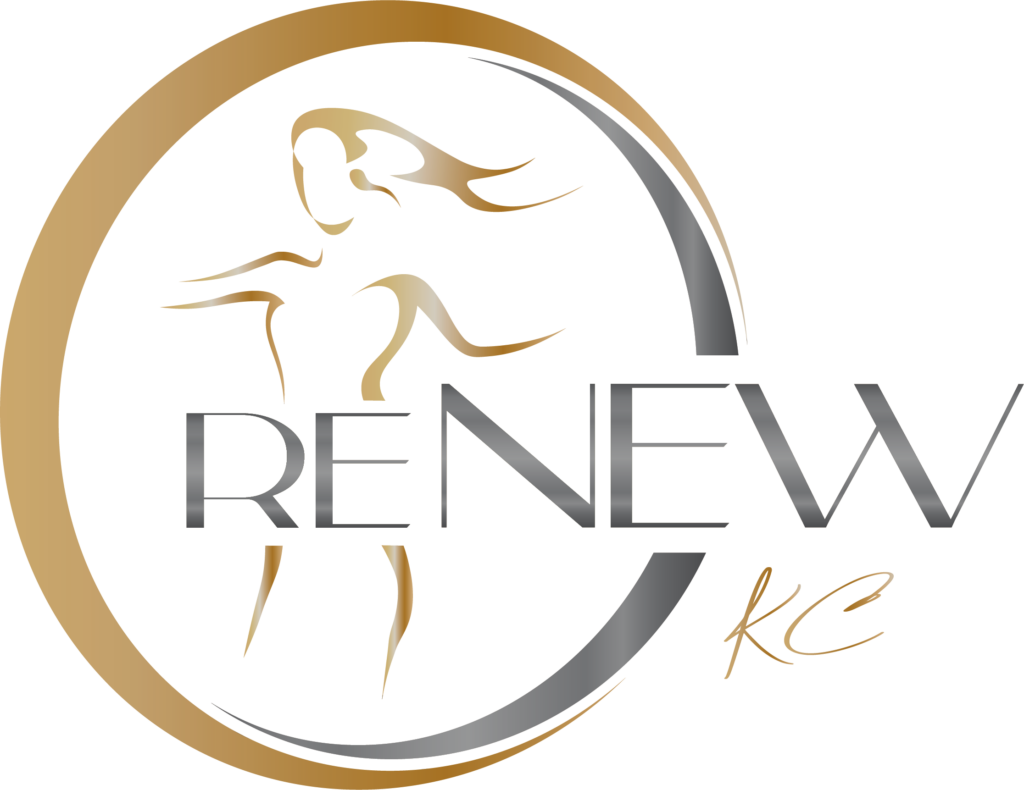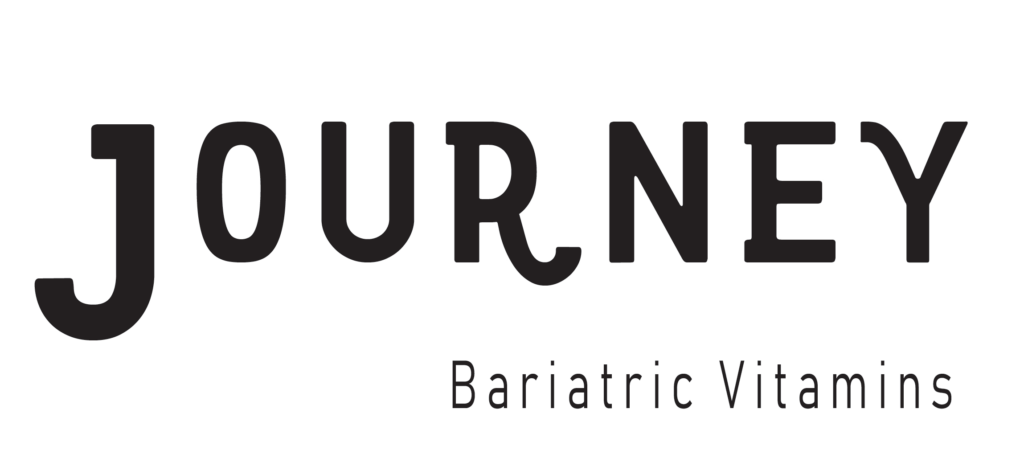Facilitator: Michelle Coker, PhD
Dr. Coker is a clinical psychologist at the Bariatric Center if Kansas City, and sees patients both before and after surgery. She defined cross addiction, or transfer addiction as it is sometimes called, as “…the state of being enslaved to a habit or practice that is psychologically or physically detrimental to your health and well-being. The body and brain crave and adapt to the substance in a way that gradually requires increased amounts of that substance to achieve the same results.”
Food addiction has been scientifically shown to operate on the reward or pleasure center of the brain by causing the same dopamine response that other drugs, as cocaine and heroin, causing the ongoing addiction. In order to stop the addiction, the person needs to do the emotional work necessary to understand why they use food as comfort. When they have surgery and can no longer use food for comfort, they may transfer that addiction to some other substance or behavior.
When the initial addiction is never dealt with, which may be food, there is still an addiction component in the brain that needs to be addressed, so the person may choose to find some other way to trigger the reward center of the brain. The new addiction could be anything from gambling, alcohol, sex, drugs, work, prescription medication, or shopping. It can become the new “go to” and then a new addiction grows.
Once you have had one addiction, you are at risk for developing another, because addiction cannot be cured, but it can be managed. One of the main components of addiction is that the addict is very uncomfortable with being uncomfortable. It is that inability to be uncomfortable that leads the person to seek comfort in the food or substance. There is a void that they are trying to fill rather than dealing with the personal issues and feelings that are being suppressed with food or other self-destructive habits. The person needs to be full from within, rather than trying to use external things to feel full. In order to reach that inner fullness, a person must first clear out the old toxicity, wounds, and hurtful behaviors that cause the addiction. There is no way of getting over a hurt – you must go through it. You must feel it to heal it.
Unfortunately, we have been taught not to feel – that there is a shortcut. But there are no quick fixes. While we want instant relief from the suffering or grief, it is part of the human condition and “It is through experiencing our deepest sorrows, we are able to appreciate our greatest joys.” You don’t have to go through it alone – the first step is to get help.
Figure out your triggers – addictive impulses are simply the body seeking the release of endorphins, which give you the pleasure sensation. By developing new strategies to deliver those endorphins, you can switch to a healthy way to give you the same pleasure but without the regret. Exercise, running or biking is a great way to release endorphins that is good for you.
Reframe – think about the compulsive urges as an indication for something to be taken care of or some need to be met. When you see it as something besides just an urge, you can take steps to find a new way of meeting that need. Addictions tend to isolate people, where they sit and listen to the addiction calling and block everyone and everything else out. Turn the urges into something that serves you instead of you serving it, you can be free to experience real joy.
Other helpful ways to deal with addiction are:
- Change the playlist in your head
- Cognitive Behavioral Therapy
- Support and Spirituality
- Practice and Patience
We are here to help you!








